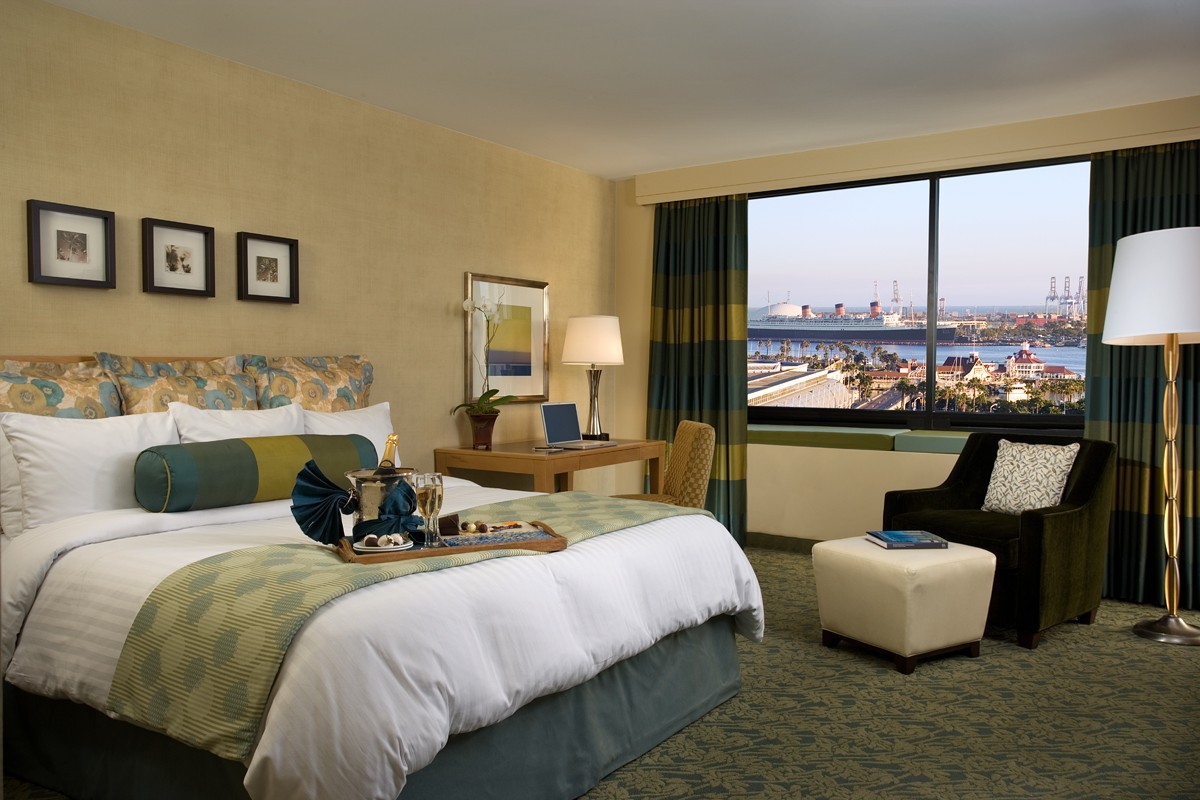Do you often find yourself burning the midnight oil at the office? It happens to people in all walks of life from CPAs during tax return season to executives working on a mega-merger to factory workers pulling a double shift. To help employees through a rough stretch, employers may provide lodging, free of charge, on-site or nearby.
Is this fringe benefit exempt from taxable income? It depends.
[This is part of a series on fringe benefits by our resident tax expert, Ken Berry, J.D., on the “sweet 16” fringe benefits on the books for 2016.]
Generally, the IRS says that the value of lodging furnished to an employee may be excluded from taxable wages only if it meets the following three conditions. (Different tests may apply to lodging furnished by educational institutions.)
- It is furnished on your business premises. Effectively, this means your place of work. The exclusion doesn’t apply to lodging at the hotel down the block.
- It is furnished for the employer’s convenience. Whether this test is met or not depends on the facts and circumstances. For instance, an employer is treated as furnishing lodging for its convenience if there’s a substantial business reason for doing so other than providing the employee with additional pay. This is true even if a law or employment contract states that the lodging is pay. However, a written statement that the lodging is furnished for the employer’s convenience isn’t sufficient.
- The employee accepts it as a condition of employment. This test is satisfied if employees have to reside there to properly perform their duties. This may include employees who must be available at all times and employees who couldn’t perform their required duties without being furnished the lodging.
It doesn’t matter if an employer must furnish the lodging as pay under the terms of an employment contract or a law fixing the terms of employment.
The IRS provides the following example in Publication 15-B, Employer’s Tax Guide to Fringe Benefits.
“A hospital gives Joan, an employee of the hospital, the choice of living at the hospital free of charge or living elsewhere and receiving a cash allowance in addition to her regular salary. If Joan chooses to live at the hospital, the hospital can’t exclude the value of the lodging from her wages because she isn’t required to live at the hospital to properly perform the duties of her employment.”
If this fringe benefit is taxable, your payroll department must report the value on the employees’ W-2 forms. To determine the fair market value of the housing provided to an employee, an employer may refer to local newspaper listings for comparable rental properties or ask a local realtor for an estimate of the rental value.
If an employer observes these rules and ensures that the fringe benefit of lodging on the business premises is excluded from tax, everyone will sleep better at night.
Thanks for reading CPA Practice Advisor!
Subscribe Already registered? Log In
Need more information? Read the FAQs
Tags: Benefits, Income Taxes




